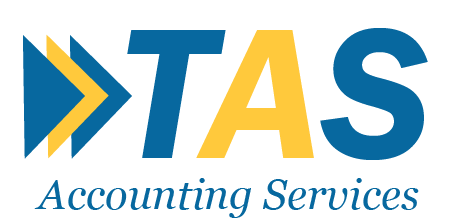Proof of Identity
Proof of identity is a critical component in the company registration process in Ireland. Each individual involved in the company, including directors, shareholders, and ultimate beneficial owners (UBOs), must provide a valid form of photo identification. The primary purpose of collecting these documents is to verify the identity of those who will be managing and benefiting from the company, thereby ensuring compliance with AML and KYC regulations.
Acceptable forms of photo identification typically include a passport or a national identification card. These documents must be current and feature a clear photograph of the individual. The identification provided should include the individual’s full legal name, date of birth, nationality, and, in the case of a passport, the passport number and its expiration date.
In some circumstances, additional identification documents, such as a driver’s license or government-issued ID, may be required to further establish identity. All identification documents must be certified as true copies by a notary public, solicitor, or an equivalent authority. This certification should be clearly marked, signed, and dated by the certifying person.
For non-residents or foreign nationals, it is also advisable to check if any additional verification steps or documents are required by Irish authorities to accommodate international regulations. Ensuring thorough and accurate submission of proof of identity notarizes the legitimacy of all parties involved and facilitates a smoother registration process.
Each director and beneficial owner of the company must provide proof of identity. Acceptable documents include:
Proof of Address
In addition to proof of identity, providing a valid proof of address for each director, shareholder, and ultimate beneficial owner (UBO) is mandatory during the company registration process in Ireland. This helps verify the residential address of the involved parties and ensures they can be contacted, if necessary, by the regulatory and legal authorities.
The following documents are generally accepted as proof of address:
All documents provided as proof of address must be legible and should clearly display the complete address. It is important to ensure that these documents are in English or accompanied by a certified translation if they are written in another language. Further, the documents must be certified as true copies by a notary public, solicitor, or an equivalent authority. The certification should be clearly marked, signed, and dated by the certifying person.
Company Beneficial Ownership Details
Detailing the beneficial ownership of the company is another critical requirement for company registration in Ireland. This step ensures transparency in the company’s ownership structure and helps combat illegal activities such as money laundering and terrorist financing. The following information is typically required for each ultimate beneficial owner (UBO):
Ensuring that this information is accurate and up-to-date is essential for maintaining compliance with local and international regulations. All details should be documented clearly and submitted along with the company’s registration documents.
Providing comprehensive and accurate proof of address and beneficial ownership details not only smoothens the registration process but also establishes the company’s legitimacy and transparency from the start. This fosters trust among clients, partners, and regulatory bodies, contributing to the company’s long-term success and integrity.
Company Name and Address
Selecting a suitable company name and providing an official company address are fundamental steps in the registration process.
Company Constitution
A company constitution outlines the rules and regulations governing the company’s operations. It should include:
Both documents must be prepared and submitted with the company’s registration application. Amendments to the company constitution may require the approval of shareholders and must be filed with the CRO.
By paying meticulous attention to these details, the process of registering your company in Ireland can be streamlined, ensuring compliance with legal requirements and laying a solid foundation for future operations.
The constitution must be signed by the initial subscribers, who are the individuals or entities that agree to take the company’s shares upon incorporation. For entities, a duly authorized representative must provide the signature. Each subscriber must agree to take at least one share in the company.
Submitting a precise and comprehensive company constitution is vital, as it will serve as the charter and foundation upon which all corporate operations and governance will be based. Ensuring it is well-drafted and compliant with regulatory standards can prevent potential legal complications and provide a clear operational framework for the company’s future activities.
Proof of address is required to confirm the residential address of each director and beneficial owner. Acceptable documents include:



